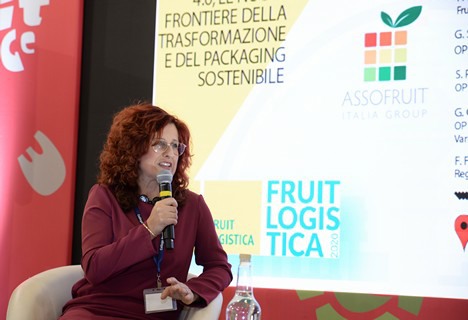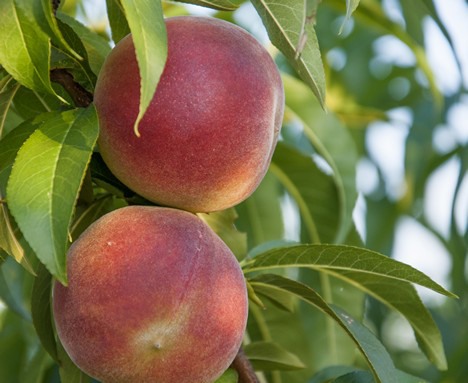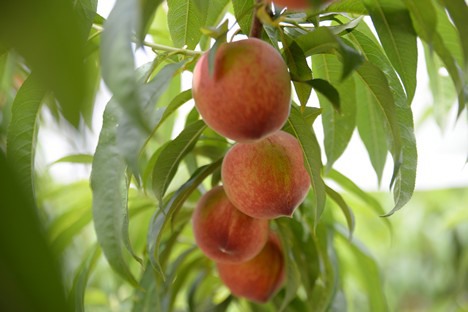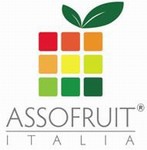The stone fruit campaign of the producers' organization O.P. Asso Fruit Italia is in full swing. Giuditta Signorella, agronomist and head of the technical office of this organization based in Scanzano Jonico, in Basilicata, provided information on the situation.
"While the apricot season has ended, there is still a long way to go for peaches, plums and percoche peaches. We are in the harvesting phase with the Plane Gold, Sweet Dream, Red Call and Red Star peaches, and then on to the Ufo varieties, the nectarine Sweet Lady and the Babygold 9 percha," explained Signorella.
"Soon we will also start harvesting the TC Sun plums, which we will be commercialized until the end of the year. There is no shortage in sales, but we noticed a reduced demand compared to last season, despite the lower yields this year. During these months of sales, many of our members had difficulties covering their labor and packing costs, partly because prices were slightly lower than last year.
 Giuditta Signorella
Giuditta Signorella
Freshplaza (FP): Has climate change affected the 2021 season?Giuditta Signorella (GS): The climatic trend, characterized by excesses, played a decisive role for our stone fruit campaign. In fact, the April-May frost caused a drop in production that has now reached an average of 30% for our PO, but there have been member companies that have lost up to 100% of their apricot production. The excessive and continuous heat of the summer, which is still in progress, has had the remaining effect on quality, especially for the red varieties of apricots, which have not reached their ideal and typical color and flavor. The peaches of the varieties already harvested were also of average quality, with no skin imperfections, but with a few stone defects as a result of spring frost. The quality of the percoche peaches and plums seems to be better.

FP: Which type/variety is the most important in the region and which is the biggest loser? GS: In order to provide a realistic answer to this question, we would have to observe long-term trends for selected varieties. In our region, in our opinion, there is no such constant trend for stone fruit, probably due to climatic trends and varieties that are not autochthonous or specifically suitable for our areas.
FP: If the intention is to remove the old trees, which plant would they be replaced with? GS: The area is moving in the direction of reducing costs and producers. When they choose to remove stone fruit, they often plan a crop with less need for inputs, work, treatments, labor. In most cases, it is citrus and kiwi.
FP: Is the shortage of seasonal workers an issue? GS: When compared to previous years, there has been a general shortage of labor, and we can make a distinction based on company size and structure. The difficulty has been felt more by larger companies, while smaller ones, which largely benefit from family labor, have been less affected. In any case, it remains difficult for everyone to find the right number of workers to employ for the harvest.
 FP: What is needed to make producer prices a little more profitable? GS: What's required is a program based on the local area, with the choice of varietal selections suited to our changing soil and climate conditions, and which at the same time allows us to achieve high quality standards. Quality is undoubtedly a constant that pays off, but it must always be accompanied by careful production management, which must be specialized, waste-free and with a focus on the relationship with the territory.
FP: What is needed to make producer prices a little more profitable? GS: What's required is a program based on the local area, with the choice of varietal selections suited to our changing soil and climate conditions, and which at the same time allows us to achieve high quality standards. Quality is undoubtedly a constant that pays off, but it must always be accompanied by careful production management, which must be specialized, waste-free and with a focus on the relationship with the territory.
For more information:
Asso Fruit Italia
Via Tagliamento 31,
75020 Scanzano Jonico (MT)
(+39) 0835 953125
assofruititalia@assofruit.com
assofruititalia.it
